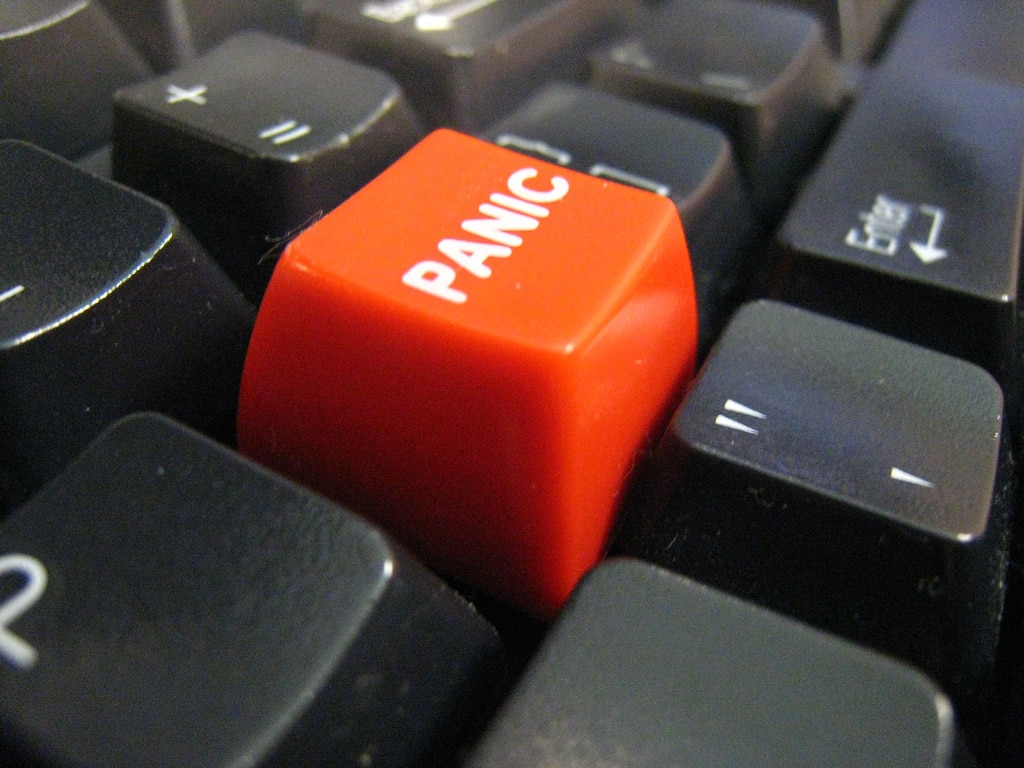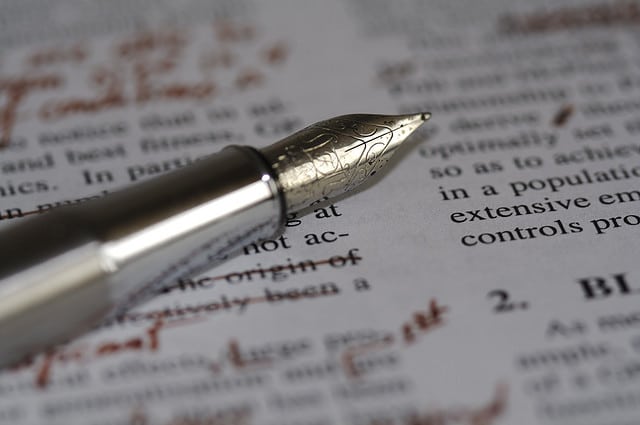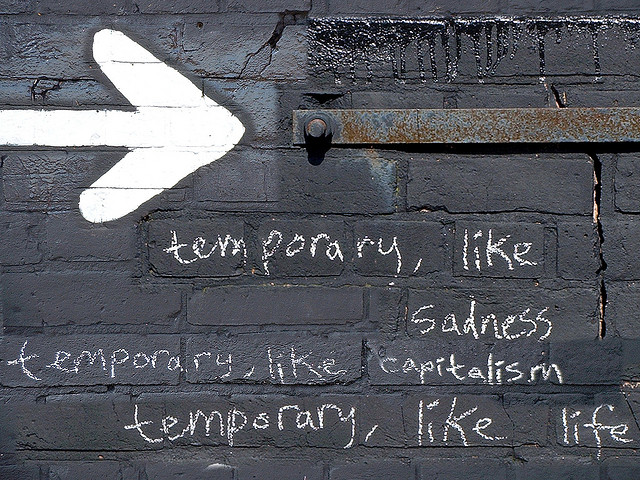
by Emily Wenstrom |
Even when you ask for it, when people critique your writing it can feel like a dagger to the gut. It can knock out your confidence and even cause you to question whether you should ever bother picking up a pen again.

by Liz Bureman |
I’m just going to say it. Stephenie Meyer is not a good writer. Cue the defensive comments below.
I’m not talking about her storytelling. Like I said, I haven’t read the books. I don’t know how Stephenie (good lord, all those e’s) puts together her paragraphs to form a cohesive narrative. I’ve only read excerpts. But you know what? You don’t need to know the storyline to critique poor sentence structure.
Here are my three arguments against Twilight.

by Emily Wenstrom |
As writers, we spend a lot of time alone, pouring our hearts onto the page. But if we want to produce the very best work that you can, this isn’t enough. To truly make our work the best it can be, we need fresh eyes. We need to show our work to others willing to pick up that loathed red pen and critique our writing.

by The Magic Violinist |
There are all kinds of words that seem to pop up in your story while you’re writing the first draft. They can make your writing sloppy, cause confusion, and take up space, sometimes all at once. Some call them “filler words,” others “weasel words,” or any other variation of the term. I think we can all agree, though, that these words are tricky and must be destroyed. But how do you identify these words?

by Monica M. Clark |
Improve your metaphors and similes with this simple tip.

by Liz Bureman |
Grammar is a funny thing. In the English language, there has been a great deal of evolution, both in words and in structure. Any Google search for “words we don’t use anymore” will come up with lists of vocabulary that no one has spoken since Matthew Crawley’s car wreck (spoiler alert).
As much as I may rage about using “proper” grammar, I also have to admit grammar itself undergoes major transformations, and there are two schools of thought about how to react to these changes: prescriptivism and descriptivism.





